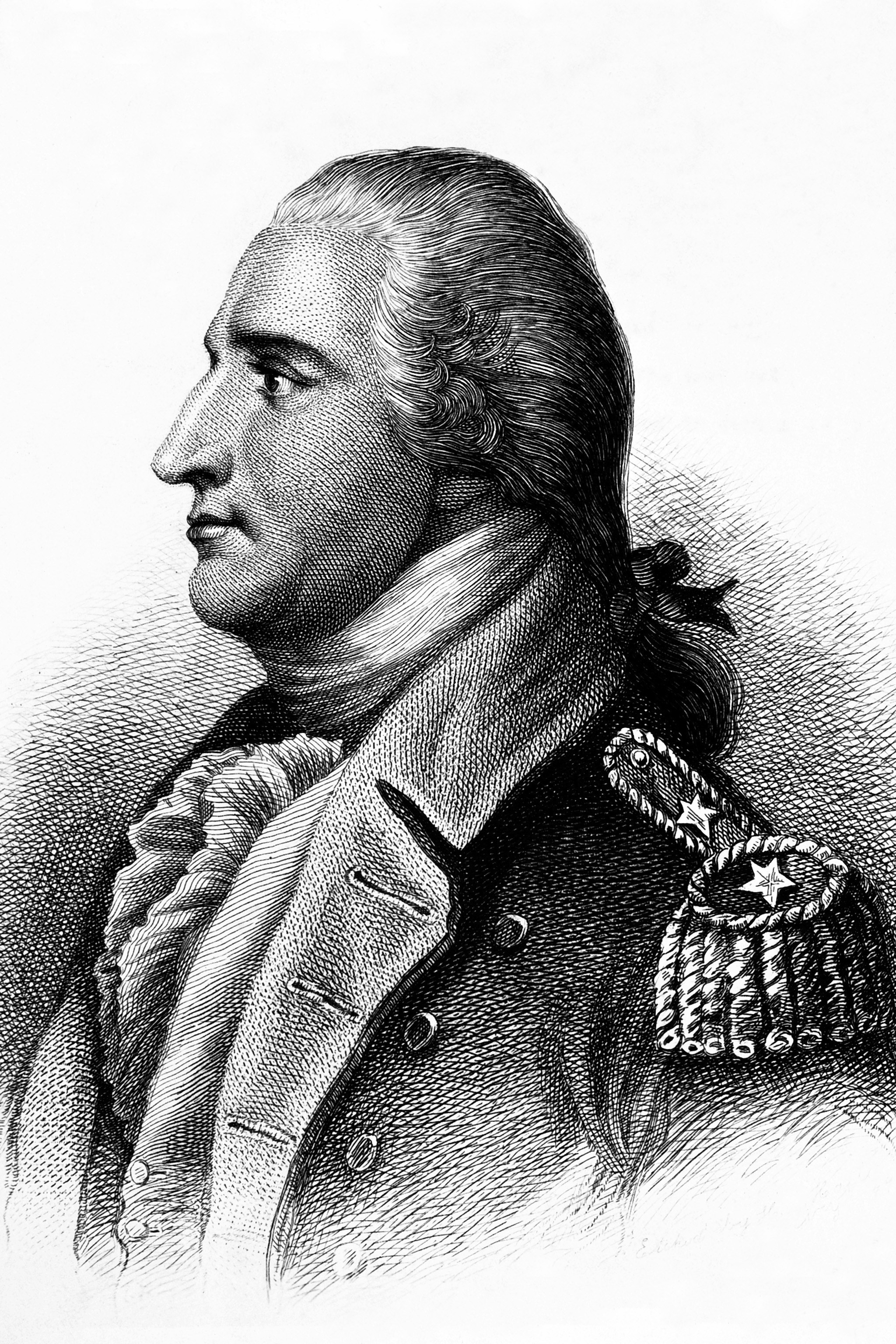Benedict Arnold was an American military officer who served as a general during the American Revolutionary War, fighting for the American Continental Army before defecting to the British in 1780. George Washington had given him his fullest trust and placed him in command of the fortifications at West Point, New York. Arnold planned to surrender the fort to British forces, but the plot was discovered in September 1780 and he fled to the British. His name quickly became a byword in the United States for treason and betrayal because he led the British army in battle against the very men whom he had once commanded.Arnold was born in the Connecticut Colony and was a merchant operating ships on the Atlantic Ocean when the war began in 1775. He joined the growing army outside Boston and distinguished himself through acts of intelligence and bravery. His actions included the Capture of Fort Ticonderoga in 1775, defensive and delaying tactics at the Battle of Valcour Island on Lake Champlain in 1776 which allowed American forces time to prepare New York's defenses, the Battle of Ridgefield, Connecticut , operations in relief of the Siege of Fort Stanwix, and key actions during the pivotal Battles of Saratoga in 1777, in which he suffered leg injuries that halted his combat career for several years.
Arnold repeatedly claimed that he was passed over for promotion by the Continental Congress, while other officers obtained credit for some of his accomplishments. Others in his military and political circles brought charges against him of corruption or other malfeasance, but most often he was acquitted in formal inquiries. Congress investigated his accounts, however, and concluded that he was indebted to Congress, and he borrowed heavily to maintain a lavish lifestyle.
Arnold mingled with Loyalist sympathizers in Philadelphia and married into one such family by marrying Peggy Shippen. She was a close friend of British Major John André and kept in contact with him when he became head of the British espionage system in New York. Many historians point to her as facilitating Arnold's plans to switch sides; he opened secret negotiations with André, and Peggy relayed the messages. The British promised £20,000 for the capture of West Point, a major American stronghold; Washington greatly admired Arnold and gave him command of that fort in July 1780. His scheme was to surrender the fort to the British, but it was exposed in September 1780 when Patriot militia captured André carrying papers which revealed the plot. Arnold escaped and André was hanged.
Arnold received a commission as a brigadier general in the British Army, an annual pension of £360, and a lump sum of over £6,000. He led British forces in the Raid of Richmond and nearby areas, and they burned much of New London, Connecticut, to the ground and slaughtered surrendering forces after the Battle of Groton Heights—just a few miles downriver from the town where he had grown up. In the winter of 1782, he and Peggy moved to London, England. He was well received by King George III and the Tories but frowned upon by the Whigs and most Army officers. In 1787, he moved to Canada to a merchant business with his sons Richard and Henry. He was extremely unpopular there and returned to London permanently in 1791.
Wikipedia
✵
14. január 1741 – 14. jún 1801
